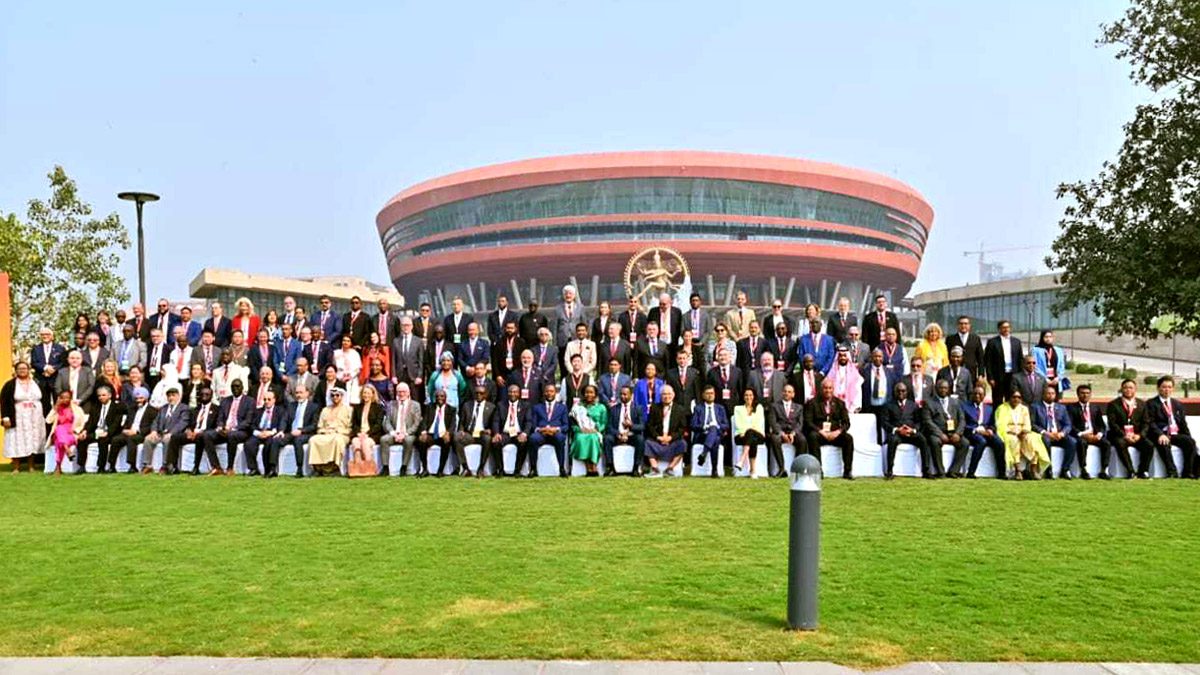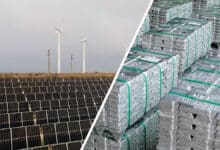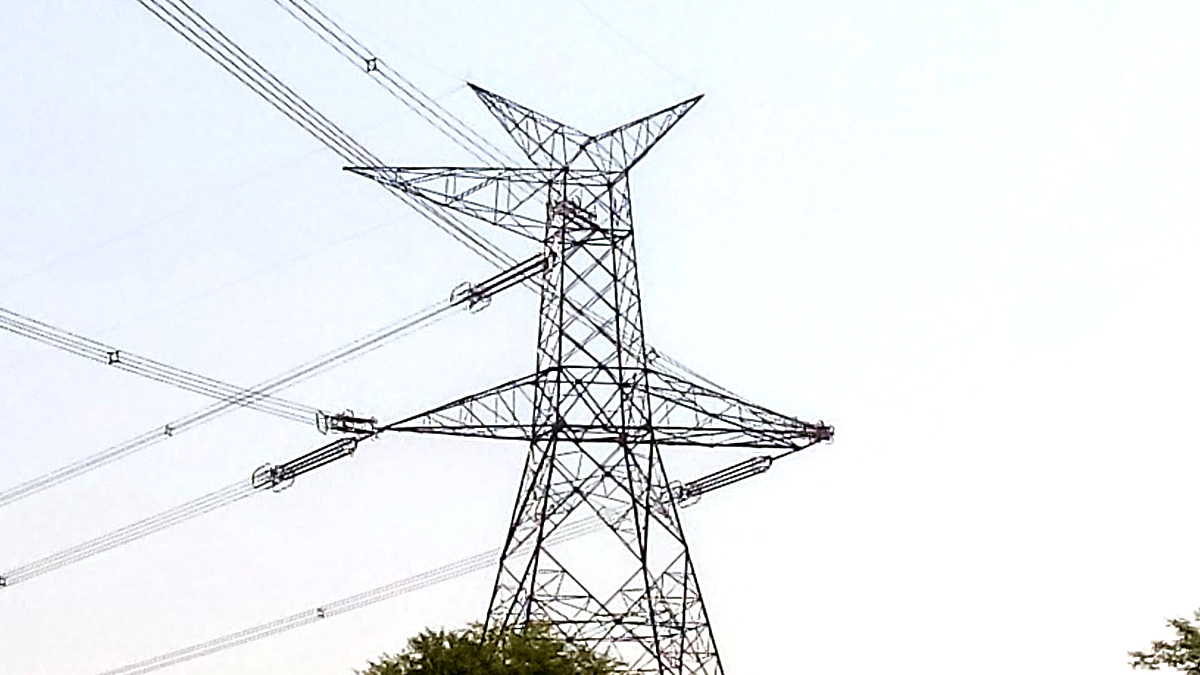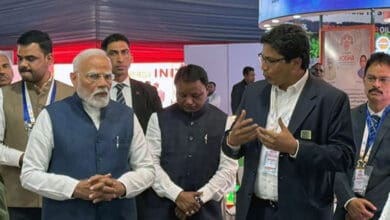The International Solar Alliance (ISA) hosted its sixth assembly in New Delhi, presided over by Raj Kumar Singh, Minister of Power and New & Renewable Energy, GoI and President of the ISA Assembly. The event saw participation from ministers representing 20 countries and delegates from 116 member and signatory nations.
Addressing the assembly, Raj Kumar Singh highlighted the global dependence on fossil fuel imports, which impacts around 80% of the world’s population. He emphasised the transformative potential of renewable energy, stating that renewable sources could supply 65% of the world’s total electricity by 2030 and decarbonise 90% of the power sector by 2050.
Singh expressed the ISA’s unwavering commitment to make solar energy the preferred source of power, create an environment conducive to attracting investments, and ensure abundant energy availability to meet the world’s growing demands. To further this cause, the ISA is expanding its Viability Gap Funding (VGF) mechanism, providing up to 35% of the project cost, depending on a country’s capacity and project needs.
Co-President of the Assembly, H.E. Ms Chrysoula Zacharopoulou, France’s Minister of State for Development, Francophonie, and International Partnerships, emphasised France’s commitment to clean energy development through the ISA. France has financed over 1.5 billion euros worth of solar projects since 2016 and provided substantial climate finance to support partners in their transition to clean energy. The solar revolution, she stressed, must be part of a broader strategy to ensure universal access to energy.
Dr Ajay Mathur, Director General of the International Solar Alliance, stressed the urgent need to accelerate solar energy adoption, particularly in developing countries and applications that improve the daily lives of those without reliable energy access. ISA is currently facilitating over 9.5 GW of solar applications in 55 developing countries and providing training to individuals in supporting solar energy.
The ISA is also working on developing STAR Centres, which will serve as hubs for technology, knowledge, and expertise in solar energy. Moreover, the ISA is enabling solar mini-grids to provide universal energy access, especially in areas where extending the grid is cost-prohibitive. They are also developing mechanisms to provide guarantees through the Global Solar Facility to attract private sector investment in member countries in Africa.
In May 2020, ISA initiated Demonstration Projects to exhibit solar technology applications for LDCs (Least Developed Countries) and SIDS (Small Island Developing States). Four projects have been inaugurated under this initiative, including the solarisation of the parliament building of the Republic of Malawi, solarisation of rural health care centres in the Republic of Fiji, a solar-powered cold storage facility in the Republic of Seychelles, and the solarisation of a junior secondary school in the Republic of Kiribati.
Singh expressed his honour and privilege in dedicating these projects to their respective countries, with each project receiving $50,000 under the ISA grant initiative. The ISA celebrates the achievements of its member countries and their contributions to advancing the cause of energy transition through solar.
The ISA Assembly, the apex decision-making body of the organisation, gathers each year to assess the implementation of the ISA’s Framework Agreement and coordinated actions. It evaluates the impact of programs and activities in terms of solar energy deployment, performance, reliability, cost, and scale of finance. The Sixth Assembly of the ISA focuses on key initiatives related to energy access, energy security, and energy transition, addressing critical issues for a sustainable future.













